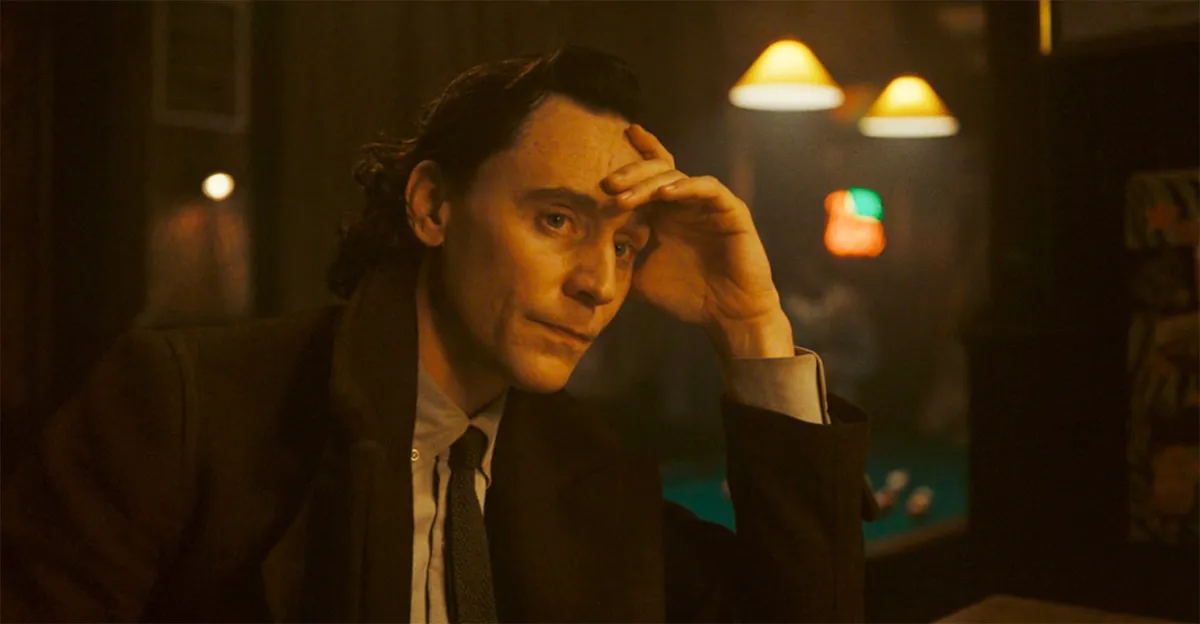Loki season 2 has come to a close, and we can sum it all up in a word: Pain. Season two, episode 6, “Glorious Purpose”, brought us a lot of closure and a lot of hurt. To unpack everything that happened, we have to delve into the upsetting aspects of Loki’s biggest world-saving moments.
***Spoilers for Loki season 2 lie ahead, read on at your own risk.***
The series, which helped to explain the multiverse and lay the groundwork for Marvel’s next phases, gave us a new look at Loki (Tom Hiddleston). In season 1, we watched as Loki met some of his fellow variants, including Sylvie (Sophia Di Martino). But one of the things we learned about him is that he hates the idea of being alone. It’s not a new concept, but Loki has never really handled it well.
The show has really brought his fears of loneliness to life, exposing a vulnerability in the God of Mischief. In season 2, we saw how he struggled with that pain and what it meant for him to overcome it. From facing it head-on in conversations with Sylvie to opening up with other friends at the TVA, Loki faced what he thought he wanted and didn’t want for himself. Which is why the final moments of the show really feel like a stab to the heart. Loki is not only forced into a throne he doesn’t want, but is condemned to eternal loneliness as he watches over all of time.
Loki has to watch the worlds pass him by while he sits on his throne at the end of time, forced into eternal solitude in order to save the multiverse and his friends. He did it because because he didn’t want his friends to die, and he didn’t want to murder Sylvie. One of the most selfish and self-serving villains of the MCU has sacrificed everything to save everyone else. It’s a lot to process.
Let time pass.
Loki can’t choose another fate; he’s exhausted every other option. He spends all of the finale trying to fix the Temporal Loom. Then he tries desperately to prevent Sylvie from killing He Who Remains (Jonathan Majors). Even then, it’s not enough. The results are all the same.
This variant of Loki must sacrifice himself and harness the timelines to save everyone. But it has to be this Loki, the one who is so open and vulnerable. He alone is the only one who cares enough to doom himself. It reminds those of us afraid of our loneliness that we have to be open to love before we can be loved ourselves.
I don’t agree with the message, but I do understand it. Maybe this God of Stories can be free and we’ll see more of him, unshackled from his throne of universes. It’s so sad to see our anti-hero forced into that loneliness, sitting on a throne he didn’t want, and finally burdened with a purpose more glorious than he could have ever imagined. It hurt to watch, and it made me hope for a future where the newly crowned God of Stories can one day find happiness.
(featured image: Disney+)










Published: Nov 9, 2023 11:09 pm